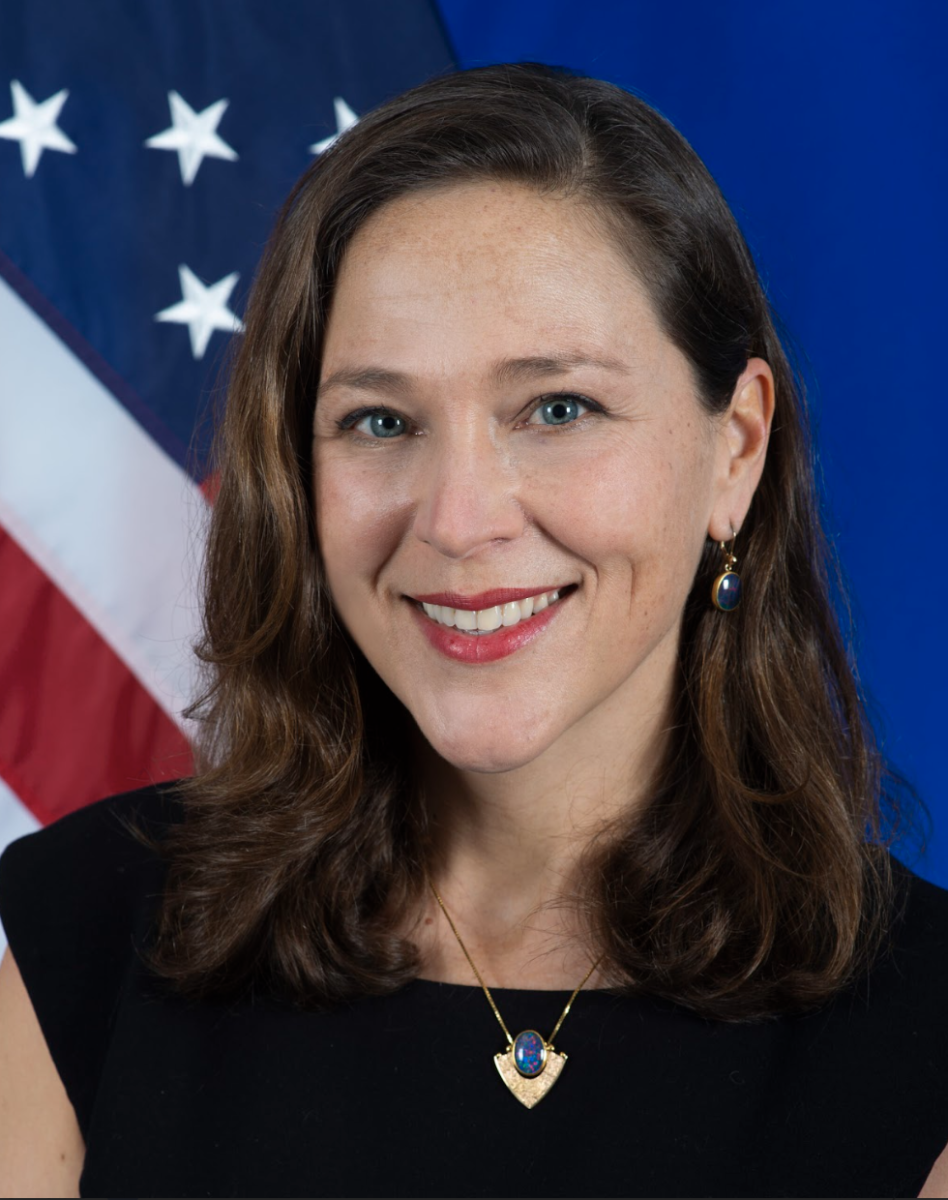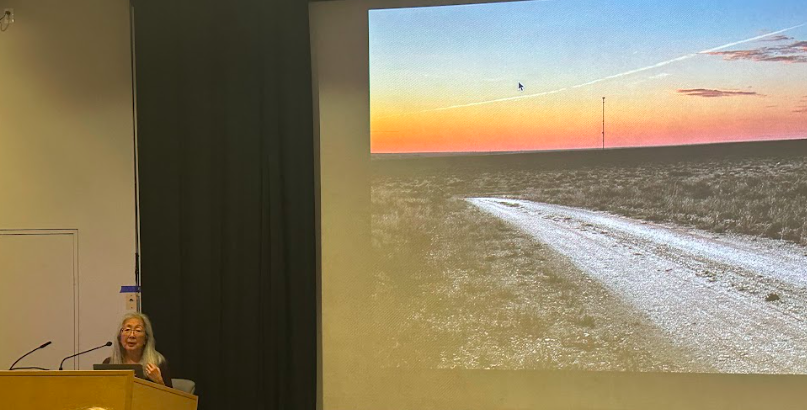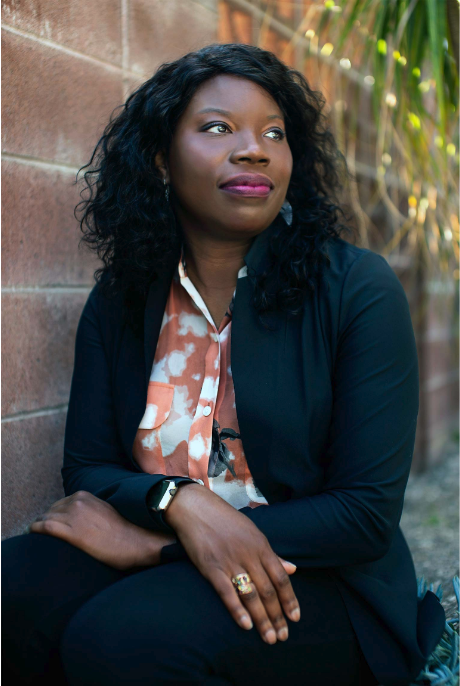Professor Elizabeth Scala ’88, Ellen Clayton Garwood Centennial Professor of English at the University of Texas at Austin, has taught the same introductory level course for years, E 314L • Texts And Contexts-Hon. In the past, it has been amended with a subtitle related to Harry Potter, but this year, Professor Scala has changed it to “The Taylor Swift Songbook.” Despite the belief that this may be an easy class for a fan of Taylor Swift, Professor Scala explains that that isn’t the case.
“It’s about analyzing text closely, learning basic research methods. Right now, I have them struggling over how to use the Oxford English dictionary,” she said. “We’re going to move on to how to find credible sources, which for Taylor Swift is a semi-difficult thing to do, because … there’s too much on the web, and none of it is particularly quotable.”
While this course is primarily about important skills for students interested in humanities, looking at her faculty profile shows that it is unique compared to other introductory courses. Her specialties include Chaucer and gothic and Romantic medievalism. Although medievalism may seem unrelated to current pop culture, Professor Scala points to other kinds of media with medieval roots.
“While the period itself is so historically distant, and its languages tend to be even more difficult than ever I think … it’s still really a place that filmmakers go because there’s just deep interest … in the Middle Ages,” she said. “[For example,] Lord of the Rings and Game of Thrones are offering these never-ending pathways back to some version of the Middle Ages.”
She also adds that Taylor Swift’s songwriting has further challenges because of the basis in Swift’s real life.
“I hear the intertextuality between the songs, and that’s something interesting. The Swifties in the class kind of know when that’s going on, and their answers to everything are very biographical … I don’t care about that,” she explains. “Her art is this objective piece of art we are going to talk about separate from her life. You don’t need to know what Keats ate on Tuesday [to discuss Keats].”
Professor Scala also has a different perspective on Swift’s music because it was a relatively new interest for her. When the pandemic started, traveling difficulties led to her daughter staying at home more and playing music for the two of them.
“[My daughter] would text me, and we would talk about which songs I really liked and which songs she really liked, and … that was really the album [“Red (Taylor’s Version)”] that got me super interested in using her music to teach this class.”
While “Red (Taylor’s Version)” was her introduction to Swift, Professor Scala has found that her preferences have changed as she teaches the course.
“I would have said a while ago that my favorite song was New Romantics … but since doing all this studying, I really do like the songs on ‘Folklore’ and ‘Evermore,’” she said. “Right now … I was at the end of summer, obsessed with August and thinking about it a lot, and lately have been thinking about ‘Champagne Problems.’”
Ultimately, Professor Scala aims to broaden her students’ understanding of relationships between texts by using the familiar to compare to historical writing and tropes. She explains that she wants to show connections to tropes and other parts of writing that have been used for hundreds of years, even implicitly.
“There’s not always a very strict similarity [between texts] … There’s usually some form of connection where I can get the students to think in more sophisticated ways about the Swift songs … and apply it to something that they might not have the patience to sit and pay attention to.”









